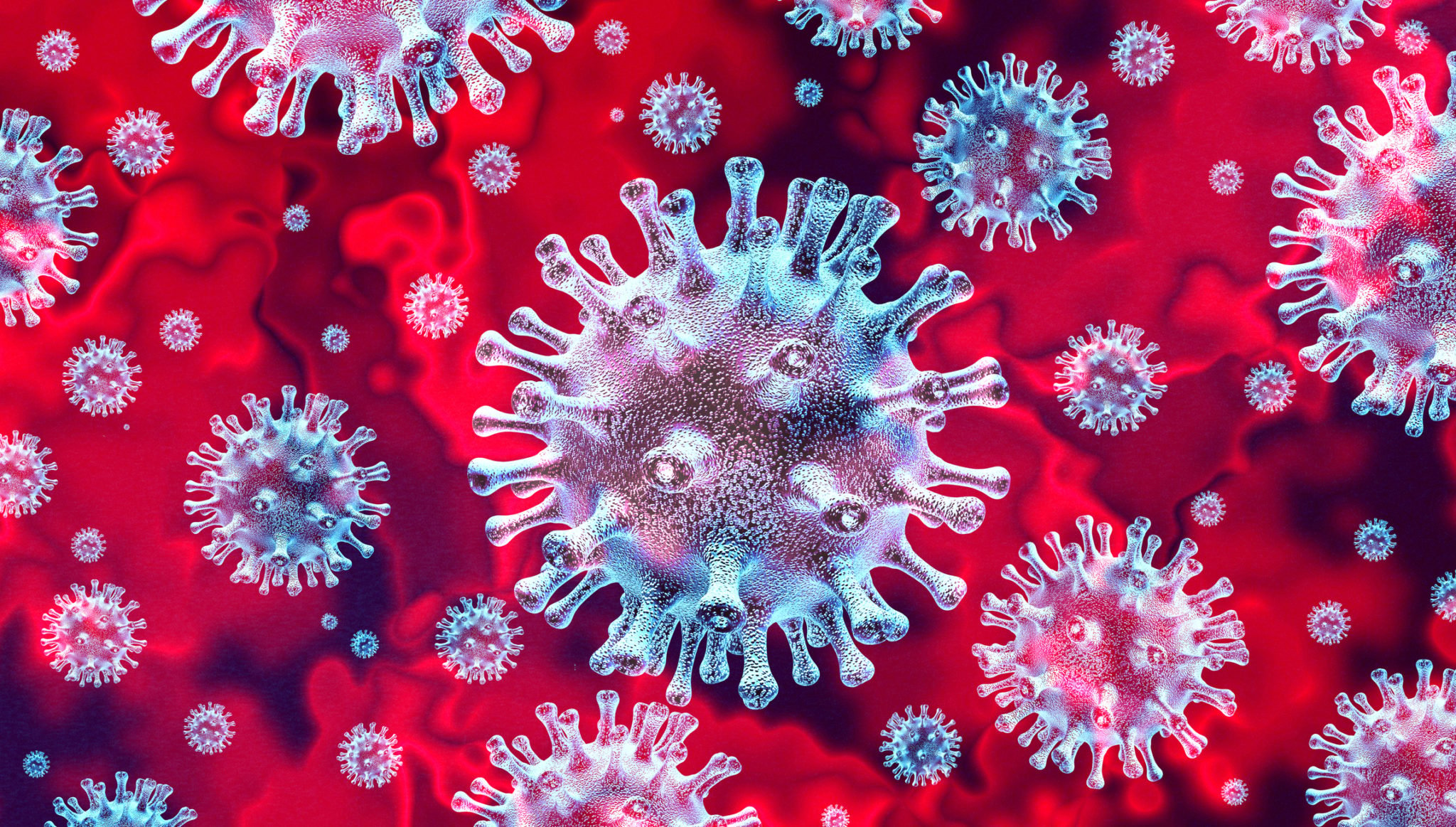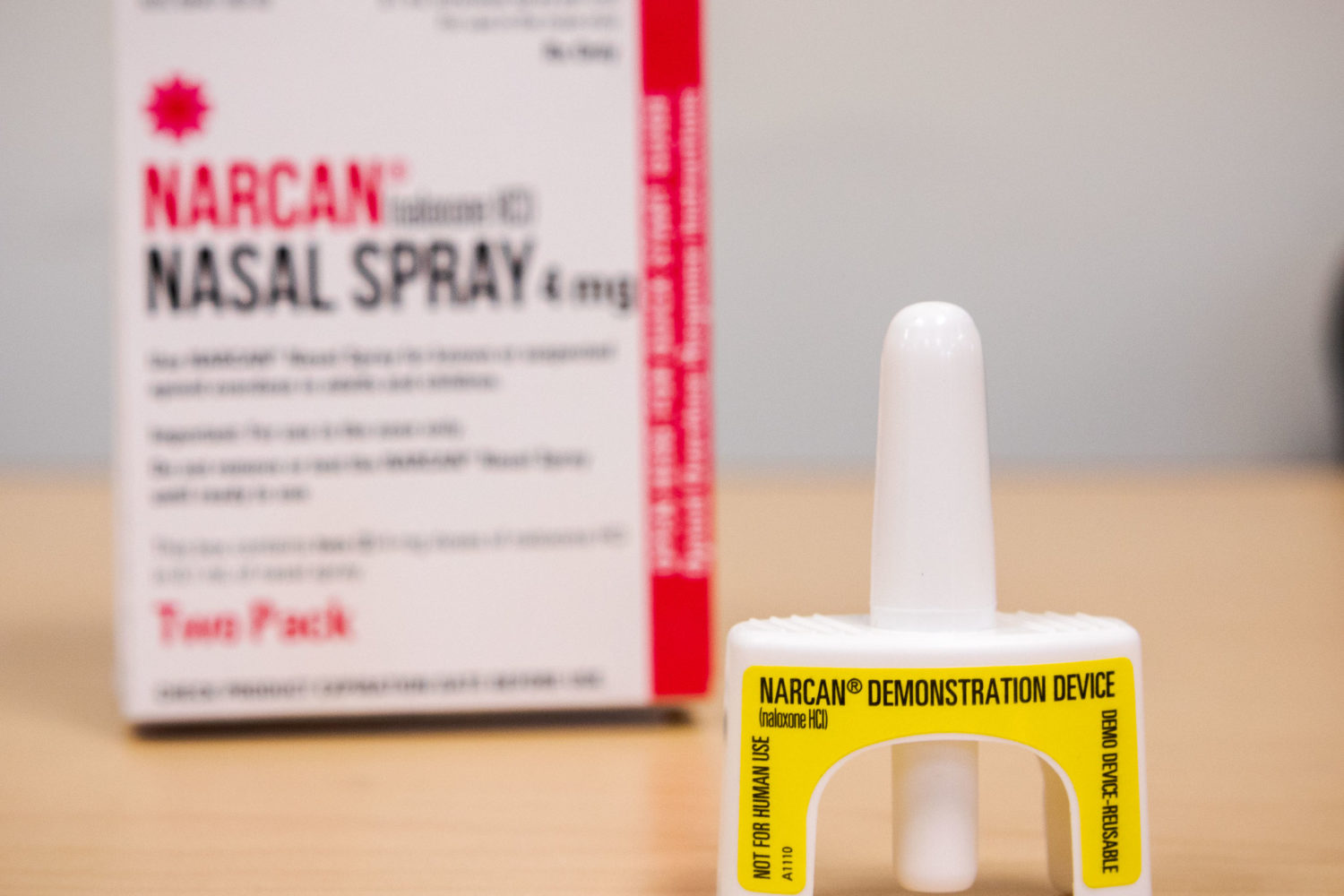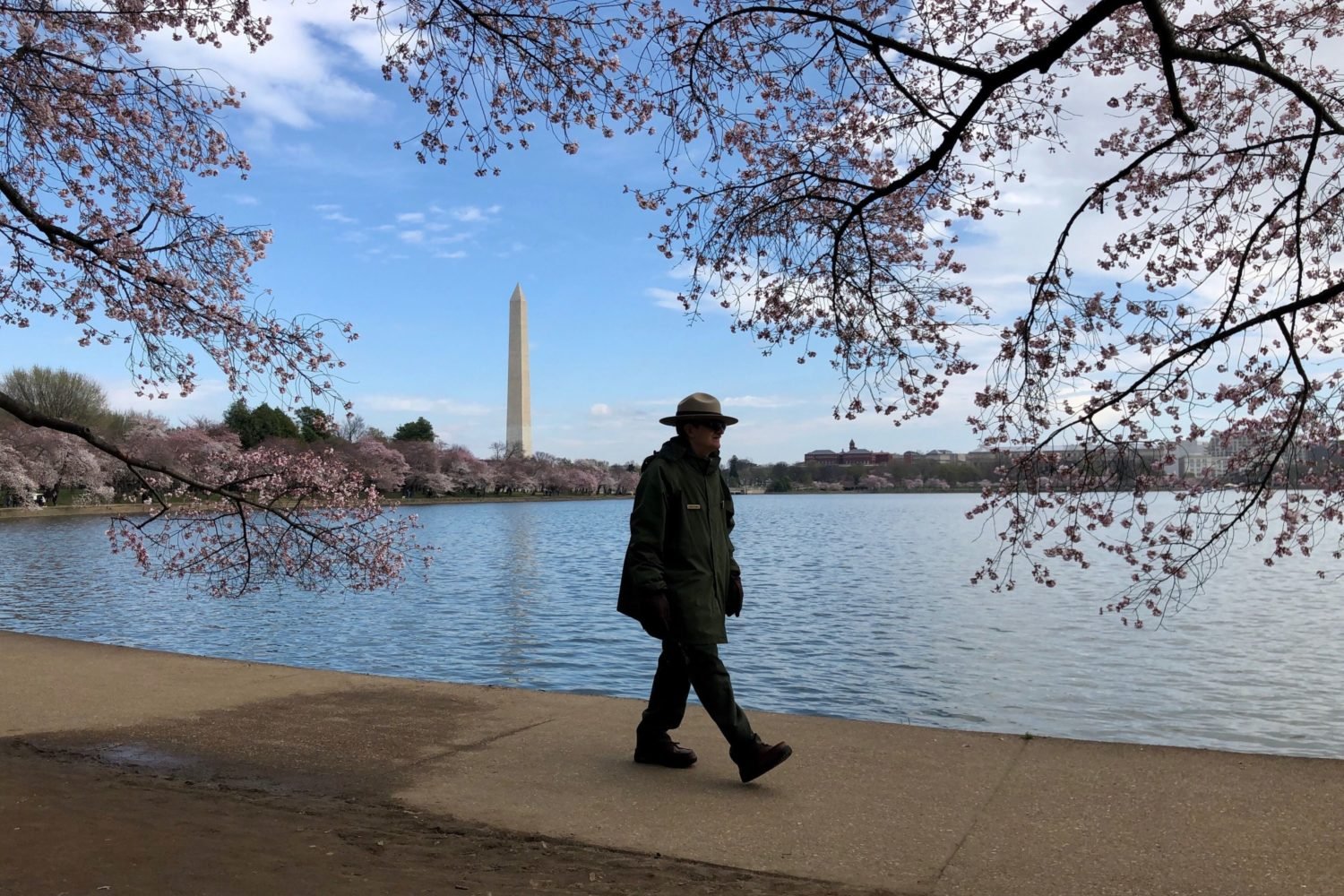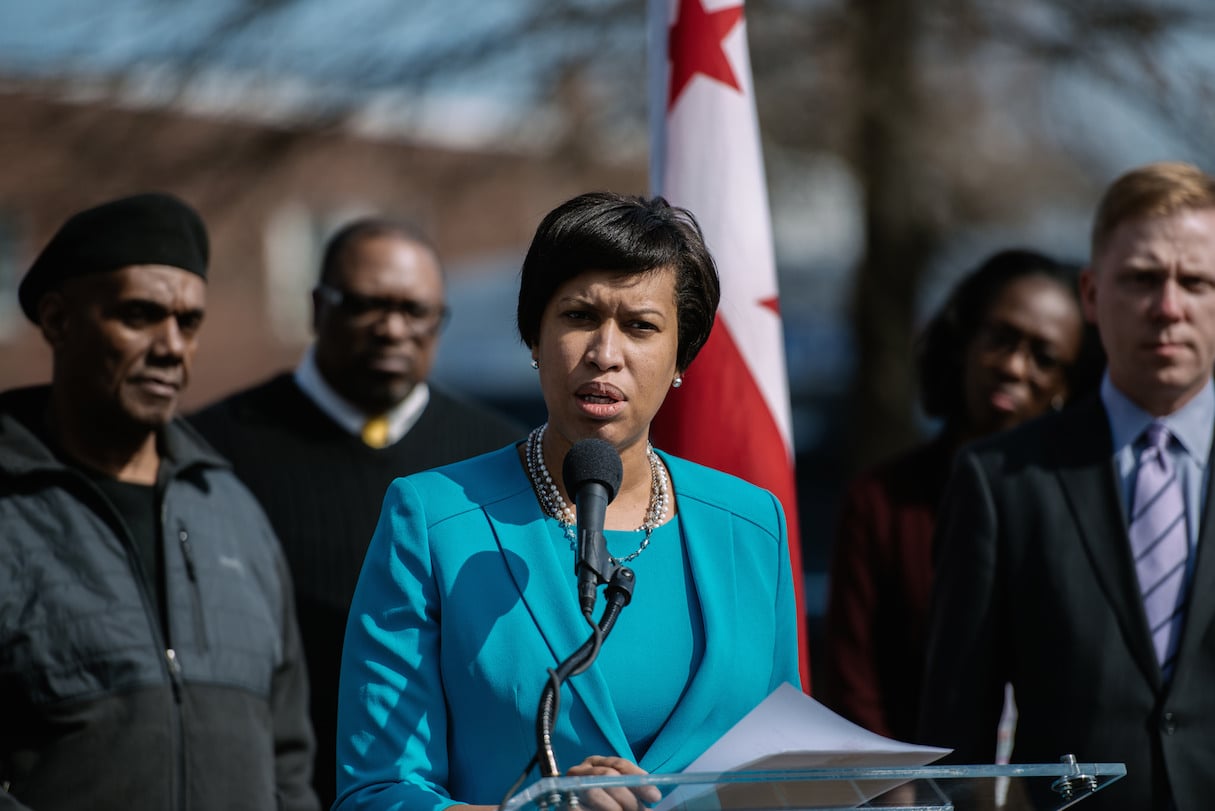About Coronavirus 2020
Washingtonian is keeping you up to date on the coronavirus around DC.
Malachi Stewart is one of DC’s 300 contact tracers for Covid-19. He shared how people typically react on the phone, the most important questions he asks, and how he gets strangers to share intimate details of their lives for the greater public good.
How long have you been doing contact tracing?
I’ve been working as a disease-intervention specialist for about two years. Disease-intervention specialists, or disease investigators, we actually always use contact tracing. But contact tracing specific to Covid, I’ve been detailed since March.
How do you describe your job to family and friends?
I would say what we do is investigating diseases and notifying people. So really that’s it. Investigation, notification, monitoring.
How did you get into that job? Do you have a health background?
I do. I previously worked at a nonprofit on a pilot program providing medical home visits for people who are HIV-positive. I became really interested in working not just with patients who are HIV-positive but running through the whole gamut of sexual health.
What kind of diseases were you tracing pre-Covid?
STIs, STDs, HIV, and tuberculosis.
How do you find contact tracing for Covid different from other diseases you’ve dealt with in the past?
It’s not as complex. You’re just focusing on one thing. Mapping out who you need to contact or who the potential exposures are, all of those things change when you’re moving per disease. So if a person, for example, tested positive for chlamydia, gonorrhea, and syphilis at the same time, all three of those things have different timelines for exposure. That can be a more complicated initial investigative interview. Whereas Covid-19 is very focused. It makes it easier to just come in and know what you’re doing.
I imagine with STDs it’s more sensitive to get people to share information with you?
I would say, honestly, stigma exists for anything. Covid-19 can also be stigmatized in a way that makes the conversation sensitive too. When you’re calling to discuss Covid-19, people are assuming that they did something wrong, that they weren’t practicing social distancing.
What’s the reaction typically like on the other end of the line? Are people generally willing to share information?
The responses really just vary. There sometimes can be some distrust about what we’re going to do with the information. That’s something that comes up a lot. People also don’t want to get people in trouble. The reality of a lot of people’s situations is that they have to work to survive for their families. A lot of people’s employers aren’t going to be as accommodating. So people are afraid to say I was at X, Y, and Z’s house last night. They see us as a government entity calling them, so for them it feels a little like reporting.
The integrity of how we handle protected health information is really important to us. It definitely won’t be shared. We’re not going to call people and say, hey, such-and-such at your job tested positive, you’ve been exposed, you need to go. That’s not how we do things. This is really a public health effort. We’re not using information to penalize people. There’s no judgement. We just really want to make sure everyone’s getting the medical intervention that’s necessary.
How often do you encounter people who just don’t want to share information with you?
I would say I may have encountered a handful of people who don’t want to talk about it. But that’s very rare. Honestly, when people don’t want to talk about it, it’s usually because they are sick. If I call someone and they’re actually hospitalized, this isn’t a good time to do my investigation.
There are probably only a handful of times where people just flat out refuse to participate in the interview at all. What often happens is that people verbally refuse to participate in an interview and then end up participating in it. People tend to say like, “I’m not willing to share any information,” and you’re like, OK, and you go to another question. It’s good investigative skills. I ask something else, but I’m going to circle back to that because that’s what my job is. And when you go back to that, the person a lot of times ends up giving you the information.
I barely remember what I did yesterday. How would you rate people’s memories when it comes to providing necessary information?
People’s memory can be unreliable, but people are not just relying on what they can remember. If you’re a good investigator, you want to encourage people to check in their phones or check their bank receipts just to kind of get an idea.
A lot of it is also the rapport you build with the person on the phone. If I’m talking to a person who tests positive for HIV, and I want to know all of your sexual partners within a year, well, that can be a lot for somebody to go through that. If I want you to go through your phone and go through your dating apps to check on that, we have to have a certain level of rapport. And it’s the same with Covid-19. If I haven’t demonstrated that I care about your symptoms, if I haven’t demonstrated that I care about what resources you might need right now, if I haven’t been willing to answer any of your questions, you’re not going to be willing.
What kind of questions do you usually ask?
I usually start interviews by asking people how you think that you contracted Covid. That’s a really powerful question, because so many times, people do have an idea. They’ll say, “I was around this person,” or “I was training someone at work.” Sometimes they know who tested positive, and sometimes they suspect that the person may have been sick.
We always ask about symptoms. And that’s a really detailed question. That may take the longest a lot of times because I’m going to go down this list. I really want to hear. People don’t know necessarily what symptoms are associated with Covid or may think their symptoms have nothing to do with Covid. You really want to get a good detailed snapshot of what their symptoms were, and then be able to compare that to what symptoms do you have right now. Because that’s good information for the epidemiologists. We also are monitoring the person. We’re not just calling you for an interview. We want to make sure that you’re doing better, you’re doing okay.
Let’s say a person told you, “I went to these three restaurants.” What do you do next?
You want to ask more questions because you’re doing this initial investigation. Okay, you went to these three restaurants, let’s hear if that falls in the period of interest. What were you doing? Did you have on a mask? How far were you sitting? A lot of restaurants are doing social distancing so the tables are six feet apart, but maybe you weren’t. Who were you with? Maybe the person had their mask on in the restaurant, but not at the table. A lot of times because it’s nuanced, it may even require looking at the information with one of the epidemiologists on the team. We’re going to look at that restaurant, and we’re going to be monitoring to see if that becomes a hotspot.
How often are you confident that you’re able to know where someone did contract Covid-19?
It depends on the situation. I don’t think we could ever be 100 percent certain. We also ask people what quarantine looks like for them, what social distancing looks like for them. In the early months, we were contacting people who would say, “I haven’t been anywhere, but one person in my family has been working and somebody in their job tested positive, and then they tested positive, and then we all tested positive.” Well, we’re pretty confident where you got it, assuming the person is being forthright.
How long do you usually spend talking to each person?
I always say that no good interview should ever sound the same. My shortest interview may have been 20 minutes. I’ve been on the phone with someone for an hour and 45. I think that may be the longest. It depends on what life looks like for you. We’re also providing services for everyone regardless of language barriers. So sometimes working with the interpreter, that can be a bit of a challenge and it can sometimes make the interview take a little bit longer. It’s a public service. You stay on the phone. You do what you have to do.
This interview has been edited for length and clarity.




















